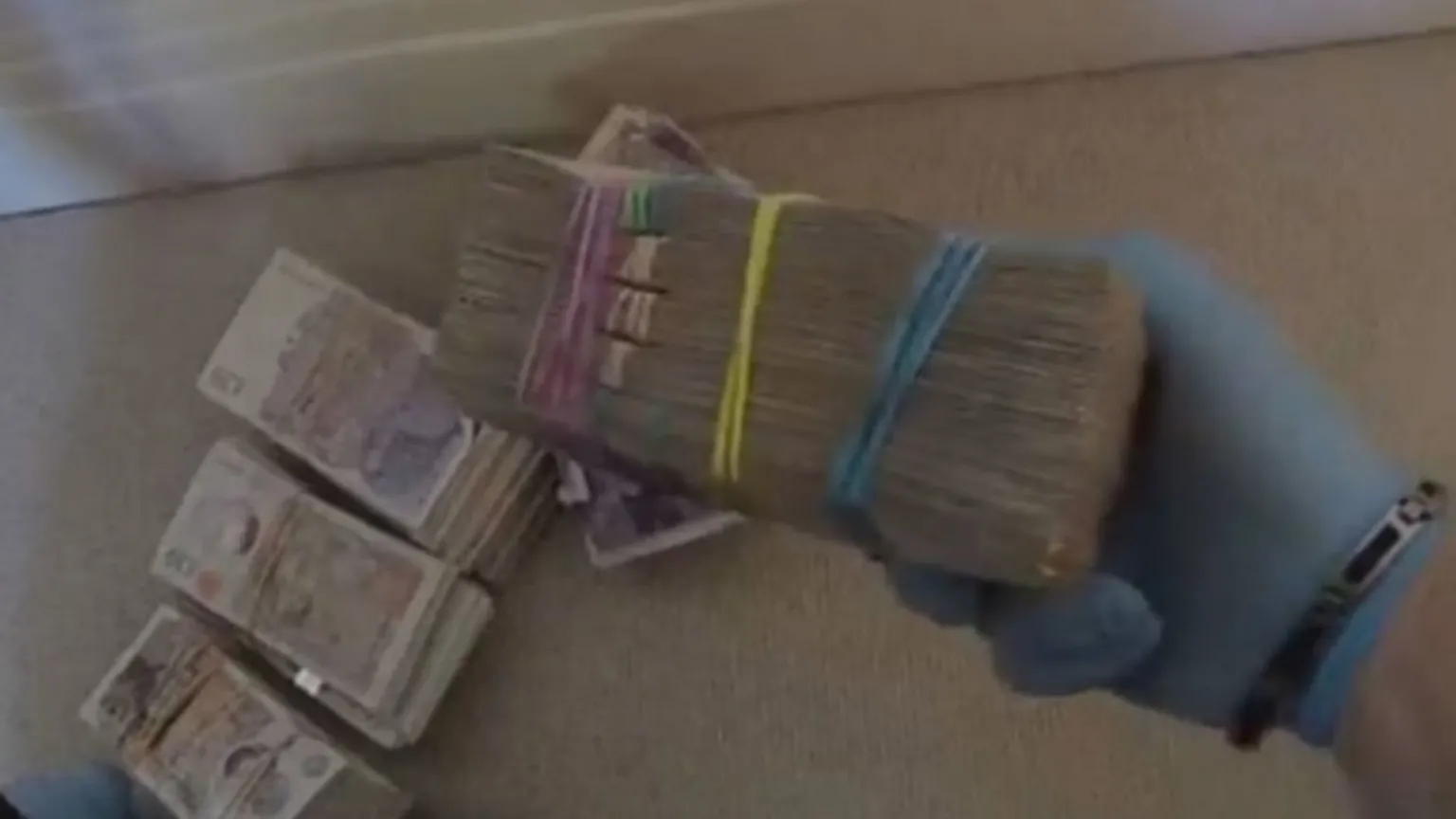London Woman Jailed For Six Years For Laundering Bitcoin

Jian Wen, 42, jailed for more than six years after police seized more than £3bn of Bitcoin at her luxurious London home
A British-Chinese woman has been jailed for six years and eight months for involvement in a money laundering scheme involving billions of pounds’ worth of Bitcoin.
In March Jian Wen, 42, was convicted at Southwark Crown Court of aiding her former employer, Yadi Zhang, to turn the Bitcoin into assets such as jewellery and properties.
The funds were allegedly the proceeds of a £5 billion investment fraud in China that Zhang, also known as Zhimin Qian, carried out from 2014 to 2017.
In 2017 Zhang allegedly fled China to the UK and used the stolen funds to purchase cryptocurrency.

Laundering operation
She lived with Wen, who had previously worked in takeouts, in a six-bedroomed Hampstead Heath house rented at £17,000 per month, the Metropolitan Police Service said.
Zhang’s diaries revealed that she hoped to buy Liberland, a small parcel of land in the Balkans that is promoted as a micronation by a Czech politician, in order to become its queen and be given diplomatic immunity, according to police.
After Wen tried to purchase a string of multi-million pound London properties and failed to pass money laundering checks, police raided the Hampstead house in 2018 and siezed 61,000 Bitcoin, today worth more than $4bn (£3bn), the largest seizure of its kind in the UK to date.
Zhang fled the UK in 2020 and remains at large, while Wen continued to launder Bitcoin funds until she was taken into custody in 2022.
She bought tens of thousands of pounds’ worth of jewellery in Zurich and purchased properties in Dubai in 2019, the Crown Prosecution Service (CPS) said.

‘Sheer scale’
Det Ch Supt Jason Prins, who led the investigation, said the “sheer scale” of the laundering operation “demonstrates how international criminals seek to exploit cryptocurrency for illegal purposes”.
He said police would “leave no stone unturned” to catch criminals.
CPS chief crown prosecutor Andrew Penhale said cryptocurrencies are increasingly being used to disguise and transfer assets and that the case “illustrates the scale of criminal proceeds available to those fraudsters”.